Hidden No More: Week 6 round-up
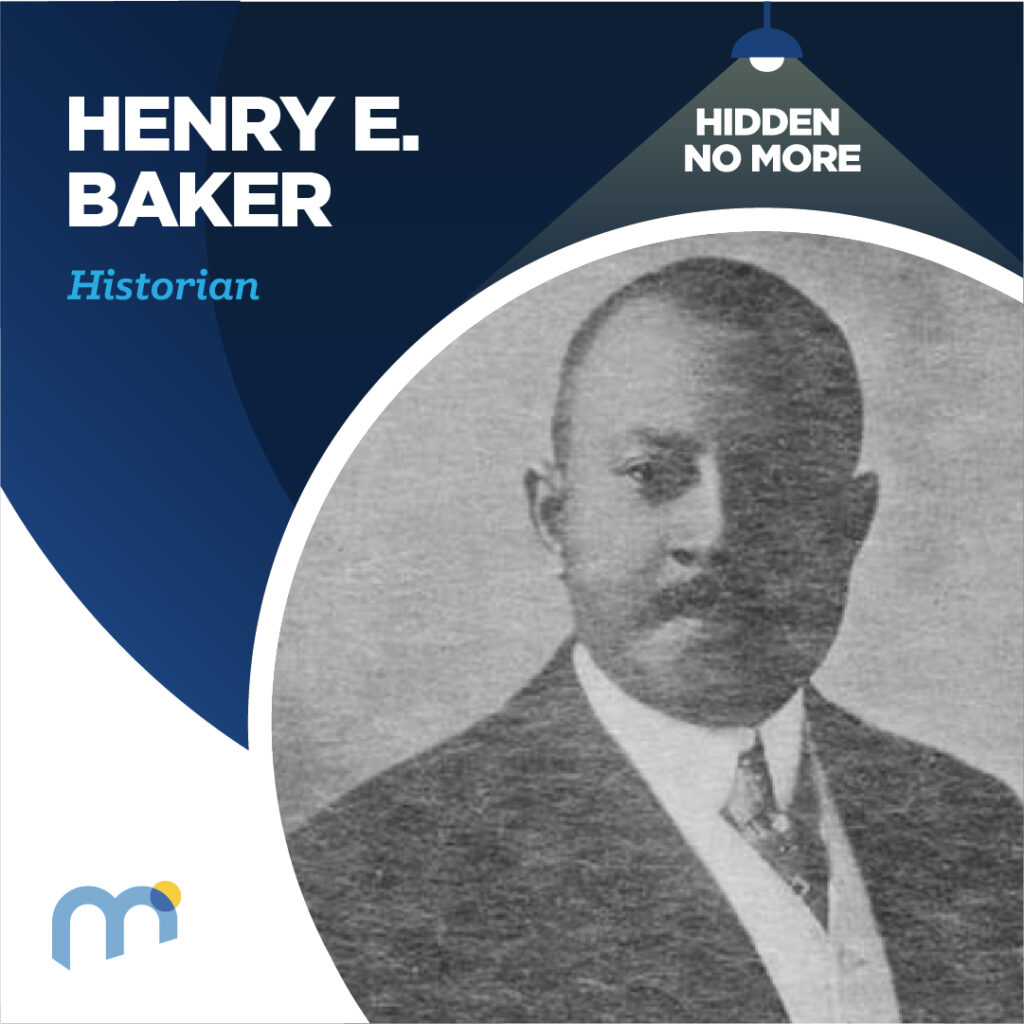
Henry E. Baker
Baker was an examiner in the U.S. Patent Office. In the early 1900s, he conducted a national search to learn which patents had been granted to African Americans over time. Without his findings, many of these inventors would be unknown.
Lewis Temple
Temple lived as a free man in New Bedford, Massachusetts, where he worked as a blacksmith. In 1848, he devised pivoting barbs that made harpooning much more effective. The Temple toggle harpoon revolutionized the American whaling industry.
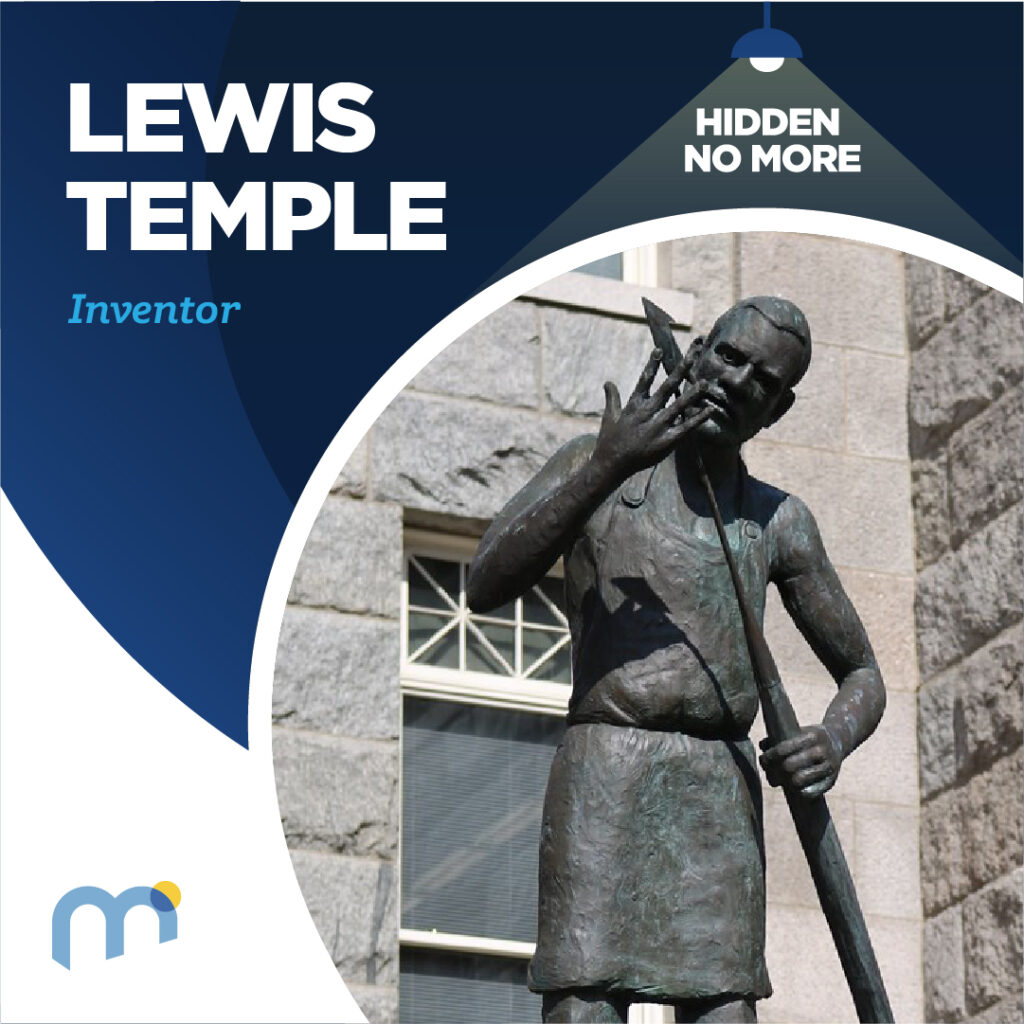
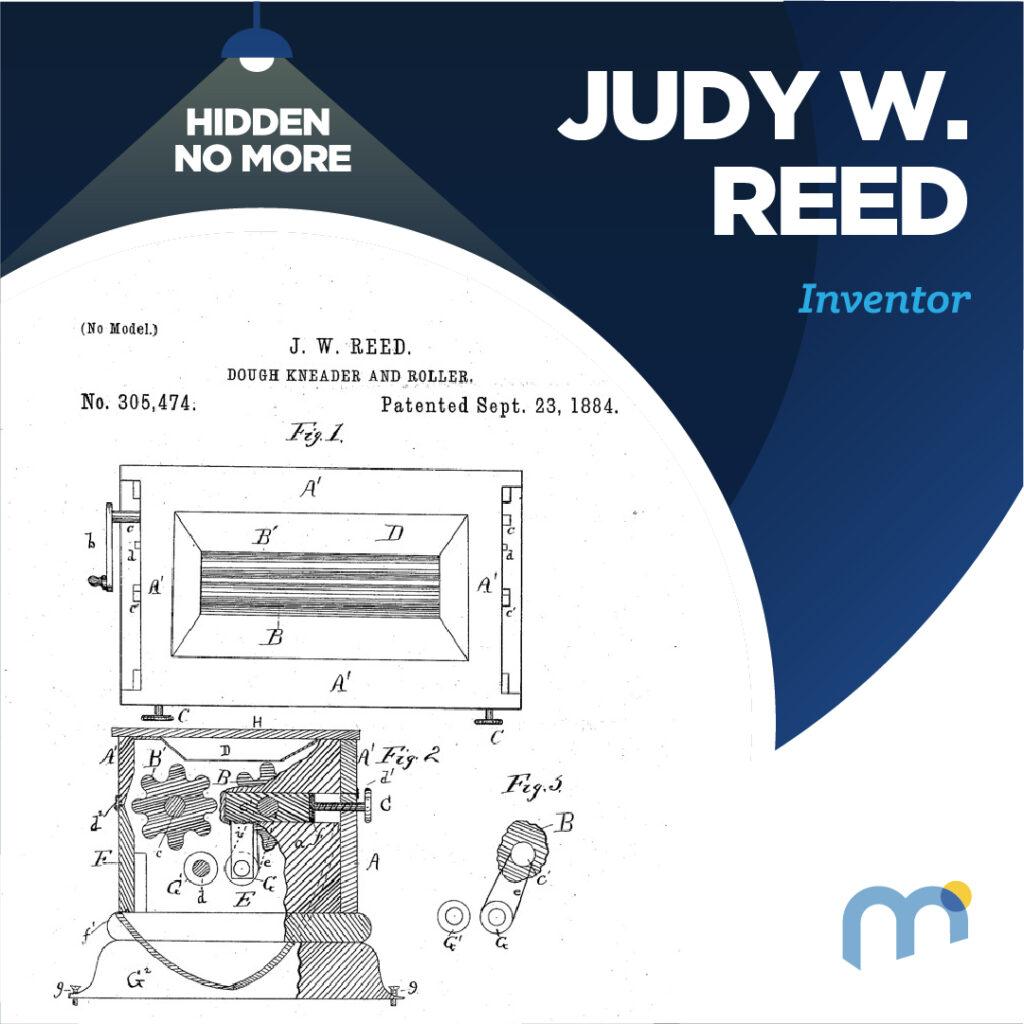
Judy W. Reed
Reed of Washington, D.C., may be the first African American woman to receive a U.S. patent. On September 23, 1884, she was granted patent no. 305,474 for a dough kneader and roller. Reed could not write her name, so she signed with an “X.”
Sarah E. Goode
Goode owned a furniture store in Chicago. In 1885, she was granted patent no. 322,177 for her invention, a bed that could be folded up and turned into a desk. Goode is one of the first African American woman to receive a U.S. patent.
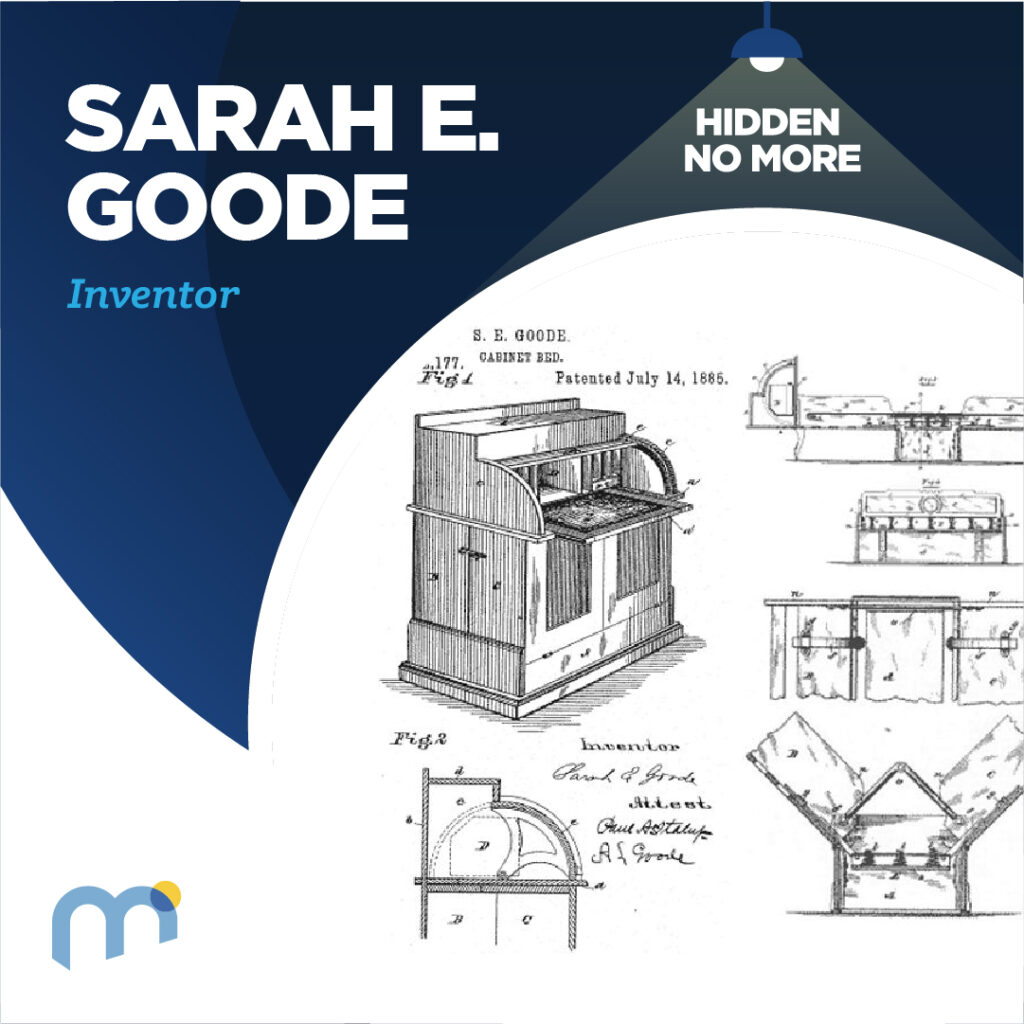
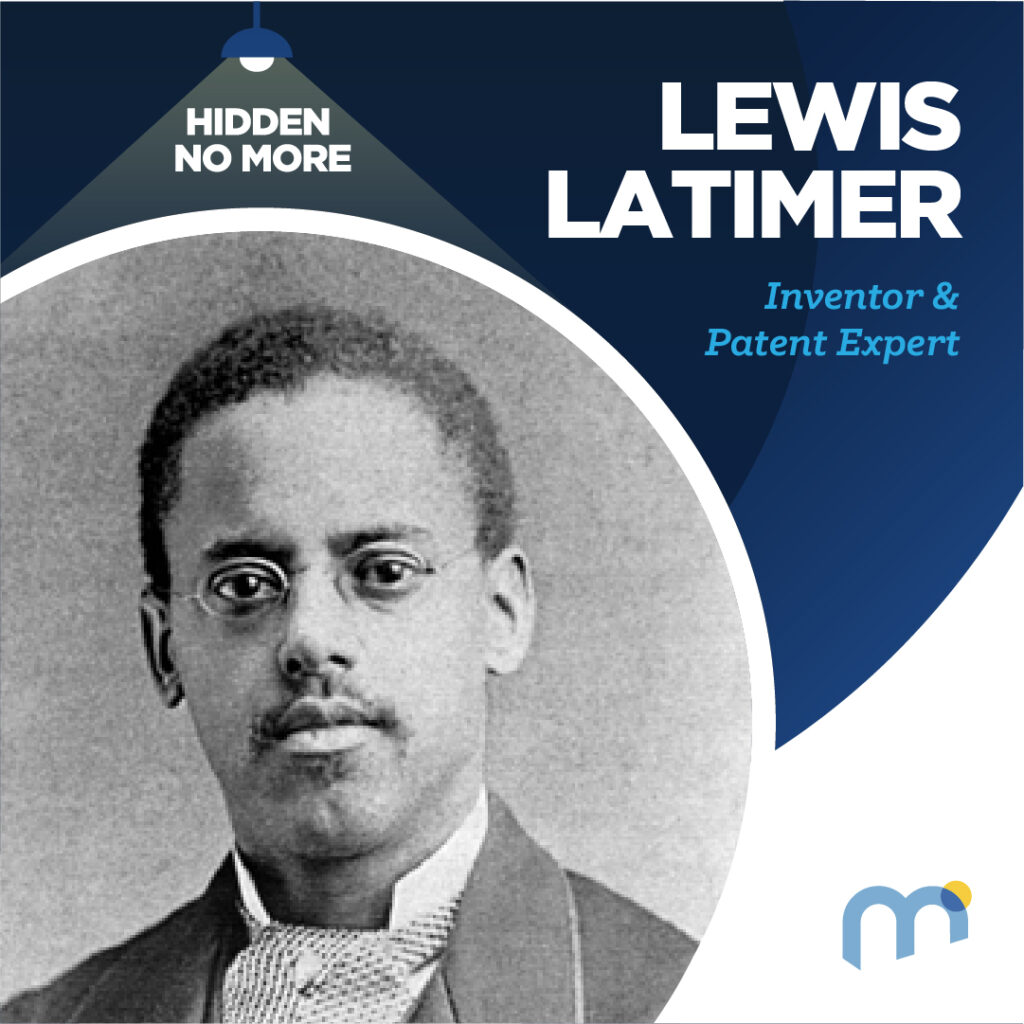
Lewis Latimer
Latimer transformed lives when he invented an improved carbon filament that made incandescent light bulbs more affordable. He also created the drawings for Alexander Graham Bell’s successful application to patent the telephone.
